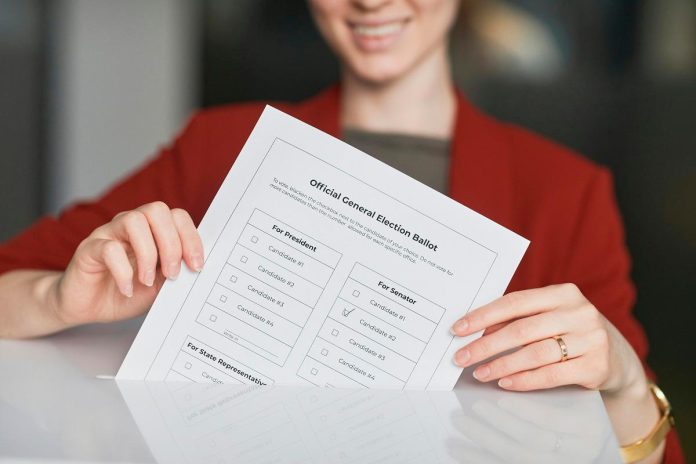LONDON: The British government announced plans to lower the voting age to 16 for general elections, a move that would place the UK among a small group of nations with one of the youngest voting ages globally. The proposal follows a pledge by the ruling Labour Party, which secured power last year, to reform the democratic system amid concerns over declining voter engagement.
Prime Minister Keir Starmer defended the decision, stating, “I think it’s really important that 16- and 17-year-olds have the vote, because they are old enough to go out to work, they are old enough to pay taxes, so (they) pay in.” He added, “If you pay in, you should have the opportunity to say what you want your money spent on, which way the government should go.”
Critics argue the change could disproportionately benefit Labour, as younger voters are often seen as more supportive of centre-left policies. However, Labour ministers insist the reform aims to “modernise our democracy” and align general elections with voting ages in Scotland and Wales, where 16-year-olds can already vote in devolved elections.
The government will introduce legislation in Parliament, where Labour holds a strong majority. If passed, the UK will join countries like Austria, Argentina, and Brazil in allowing 16-year-olds to vote nationally. Austria became the first EU country to adopt the change in 2007.
Additional reforms include automated voter registration, a system used in Australia and Canada, and accepting UK-issued bank cards as voter ID. This follows criticism of the previous Conservative government’s voter ID rules, which reportedly prevented 750,000 people from voting in the last election.
Harry Quilter-Pinner of the Institute for Public Policy Research called the reforms “the biggest reform to our electoral system since 1969,“ when the voting age was lowered to 18. He estimated the changes could add 9.5 million new voters, addressing concerns over democratic legitimacy. – AFP








